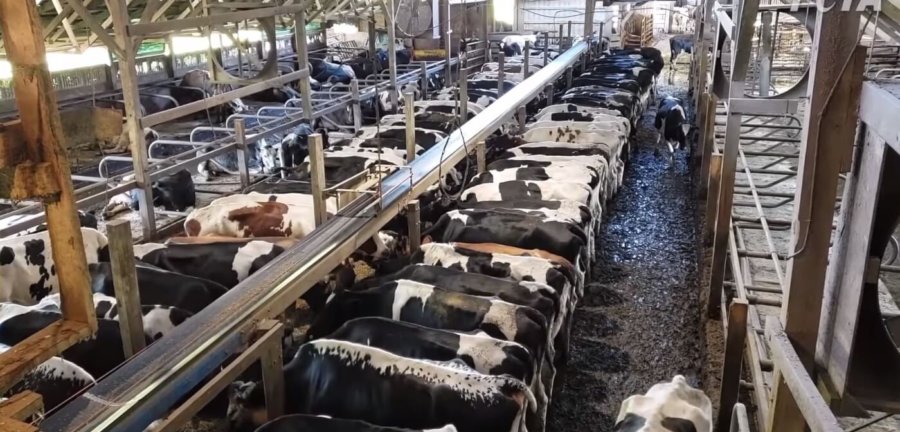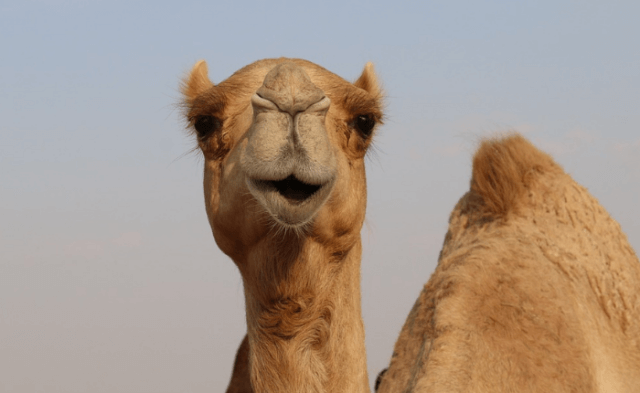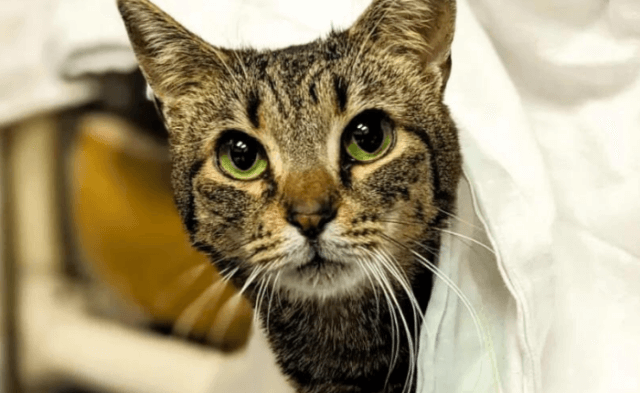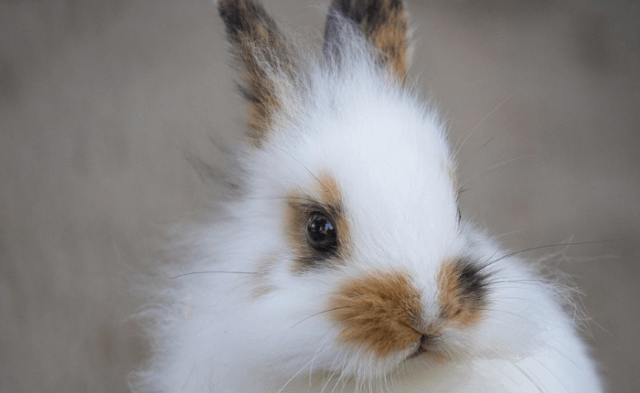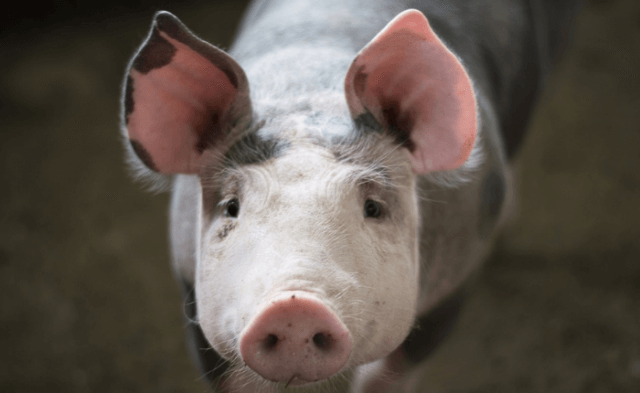By Daniel Paden
A Louisiana man was recently arrested after he allegedly posted an online video of himself licking a carton of ice cream in a supermarket and putting it back in the freezer case—which is not only gross but also illegal. His explanation: “All I wanted to do was be famous.”
While authorities are hoping that the viral #IceCreamChallenge has a short shelf life—and are promising to crack down on offenders—there’s another reason why you should think twice before licking ice cream or otherwise consuming dairy “products”: choosing them means supporting cruelty to cows.
PETA’s latest eyewitness investigation revealed that cows at a dairy farm in Pennsylvania were beaten, held in their own waste and denied veterinary care.
Video footage from the investigation shows a worker kicking a cow who lay trapped in a milking stall and striking her nearly 60 times with a cane on her hindquarters, legs and sensitive udder, among other acts of cruelty.
A manager deprived cows of veterinary care for obvious conditions, including massively swollen joints seeping blood and pus. Cows limped through their own waste—one later died lying in it—increasing their risk of developing infections that can lead to pus in milk sold for human consumption. Calves were separated from their mothers and kept in barns amid urine and manure, denied any opportunity to set foot on the grass outdoors. Eventually, female calves are inseminated—just like their mothers—and exploited for their milk.
In response to the findings, the Pennsylvania State Police ordered the farmer to provide the cows with veterinary care and opened an investigation, which remains active.
PETA’s investigation was prompted by a whistleblower complaint earlier this year—the fourth such call that PETA has received from a worker at the farm since 2014. In 2016, a whistleblower reported that the farm owner and his son forced cows to lie in their own waste, let udder infections go untreated, slit the throats of conscious cows and more. PETA’s earlier 2009 investigation into the farm found that cows who were in so much pain that they couldn’t even stand up were electro-shocked, kicked or jabbed with a blade. “Downed” cows—those too weak to stand up—were just left for dead.

Calves who were separated from their mothers shortly after birth had to lie in their own manure and urine, day after day, unable even to set foot on the grass outdoors.
But don’t think this is a case of just one “bad apple.” Cruelty to cows is unavoidable in the dairy business.
That’s because cows produce milk for the same reason that human mothers do—to feed their own babies. But on dairy farms, their calves are taken away from them shortly after birth, and their milk is sold for human consumption. The distress that this practice inflicts on loving mother cows and their babies is heart-wrenching. An exposé by PETA Asia shows cows on dairy farms in Australia chasing after the trucks that are hauling away their newborns, frantically calling out to them.
After their bodies wear out from the constant cycle of pregnancy and lactation, cows used in the dairy industry are shipped off to be slaughtered.
No glass of milk, piece of cheese or carton of ice cream can ever justify subjecting animals to a lifetime of misery before cruelly killing them. I urge everyone reading this to participate in a different kind of challenge—#DitchDairy—by shunning animal-derived foods and choosing healthy and humane vegan options such as oat milk, cashew cheese and soy ice cream instead.

